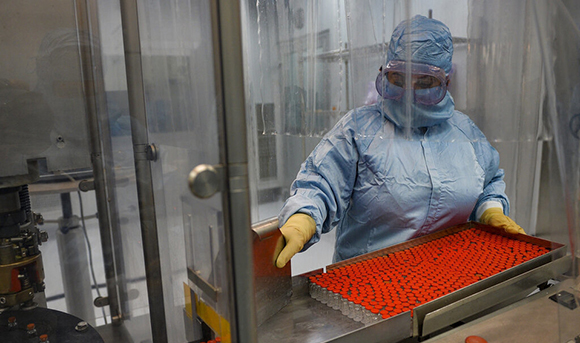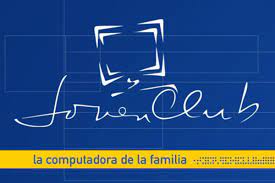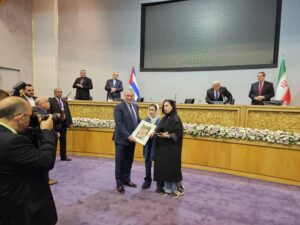The 13th Meeting of the Joint Commission for Cooperation in Science and Technology between the Governments of the Republic of Cuba and the People’s Republic of China, which met on Monday afternoon in the capital, ended with the participation of the member of the Political Bureau and Prime Minister, Manuel Marrero Cruz.
In his opening remarks, Dr. Eduardo Martinez Diaz, Minister of Science, Technology and Environment (Citma), stressed that the model of collaboration between the two countries is at a propitious moment to expand the spheres and scope of joint work, in order to move to a higher stage in the systematic exchange and achievement of concrete results, which have an impact on the development of our nations.
For his part, the Chinese Ambassador to Cuba, Hua Xin, acknowledged that, under this mechanism of cooperation, increasingly broader results are achieved, and tangible benefits for economic development and the lives of both peoples.
Doctor of Science Long Teng, Vice Minister of Science and Technology of the brotherly Asian country, who led the visiting delegation, praised the high level of bilateral relations and the existing close cooperation, while stressing the importance of the meeting to strengthen the growing ties in such vital spheres of knowledge.
At the working session, the two sides agreed to further enhance scientific and technological cooperation in molecular immunology and neurosciences, while committing to strengthen their capacities to prepare for and respond to public health emergencies and to address non-communicable diseases through the use of biotechnology, nanotechnology and nanosciences, along with other tools of science and innovation.
They also expressed their satisfaction with the results achieved by the joint research projects of the First Call, implemented between 2022 and 2024. They also agreed to continue strengthening and promoting the exchange between young scientists and technicians, through virtual seminars and other modalities.
The Cuban delegation reaffirmed its interest in expanding existing working relations with other Chinese entities, such as the Chinese Academy of Sciences, through the signing, in the near future, of a memorandum of understanding, and its implementation, as well as with the National Natural Science Foundation of China, with the purpose of inserting the science, technology and innovation entities of our country in the initiative of the Chinese Government for the development of the Belt and Road.
He also called for the Centre for Advanced Studies (CEA) to be granted the status of a joint Sino-Cuban laboratory of the Belt and Road, in nanosciences and nanotechnology, with headquarters in Cuba.
This meeting coincides with the 35th anniversary of the signing of the Collaboration Agreement, which marked the starting point for the subsequent constitution of the Joint Commission, whose first session took place in 1990.
Among the main results of the 12 previous meetings, those achieved in the biotechnology sector and the pharmaceutical industry stand out, which led to the implementation of various research projects, technology transfer, and the production and marketing of medicines and equipment.
The signing of the final act of the XIII Meeting of the Joint Commission was also attended by Deputy Prime Ministers Inés María Chapman Waugh and Ricardo Cabrisas Ruiz.
(Taken from Granma)




